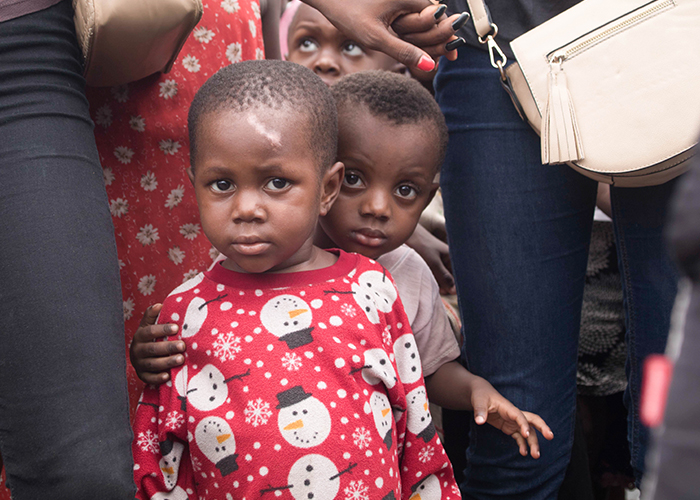Child widowhood is a deeply troubling and often overlooked issue that affects millions of young girls around the world. These vulnerable individuals face a unique set of challenges stemming from the loss of their spouses at a tender age. In this article, we delve into the complex realities of child widows, shedding light on their experiences, vulnerabilities, and the urgent need for support and advocacy.
The Plight of Child Widows
Child widowhood refers to the situation where girls, typically under the age of 18, lose their husbands due to various reasons such as early marriage, conflict, or disease. This loss plunges them into a world of hardship, stigma, and marginalization. Many child widows are left without adequate support systems, education, or economic opportunities, making them extremely vulnerable to exploitation, abuse, and poverty.
Forgotten and Invisible
One of the most distressing aspects of child widowhood is the invisibility of these young girls within society. They often suffer in silence, hidden from public view and denied basic rights and protections. Cultural norms, discriminatory practices, and lack of awareness further compound their marginalization, leaving them isolated and voiceless.
Vulnerabilities and Risks
Child widows face a myriad of risks and vulnerabilities that jeopardize their well-being and future prospects. These include:
- Health Risks: Child widows may lack access to essential healthcare services, increasing their vulnerability to physical and mental health issues.
- Educational Barriers: The loss of a spouse at a young age often disrupts their education, limiting their opportunities for personal development and empowerment.
- Poverty and Exploitation: Many child widows live in impoverished conditions, making them susceptible to exploitation, child labor, and early marriage.
- Social Stigma: Widowed girls may face stigma, ostracism, and discrimination within their communities, leading to further isolation and psychological distress.
Advocating for Change
Addressing the plight of child widows requires concerted efforts at the local, national, and global levels. Advocacy initiatives, policy reforms, and community-based interventions can make a significant difference in improving the lives of these vulnerable girls. Key areas of focus include:
- Legal Protections: Enacting and enforcing laws that protect the rights of child widows, including provisions for education, healthcare, and social support.
- Education and Empowerment: Promoting access to quality education, vocational training, and life skills programs to empower child widows and enhance their prospects for a brighter future.
- Healthcare Services: Ensuring that child widows have access to essential healthcare services, including reproductive health care, mental health support, and nutrition programs.
- Social Support Networks: Establishing community-based support networks, shelters, and counseling services to provide emotional, social, and economic support to child widows and their families.
The Role of Entrepreneurship and Innovation
Entrepreneurship and innovation can also play a vital role in addressing the challenges faced by child widows. Initiatives that promote economic empowerment, entrepreneurship training, and microfinance opportunities can enable widowed girls to become self-reliant, build resilience, and break the cycle of poverty and marginalization.
Conclusion: A Call to Action
The plight of millions of child widows worldwide demands urgent attention, compassion, and action. As a global community, we must raise awareness, advocate for their rights, and provide comprehensive support to ensure that these young girls are not forgotten, invisible, or left behind. By investing in their education, health, and empowerment, we can create a more inclusive and equitable world where every child, regardless of their marital status, has the opportunity to thrive and fulfill their potential.




